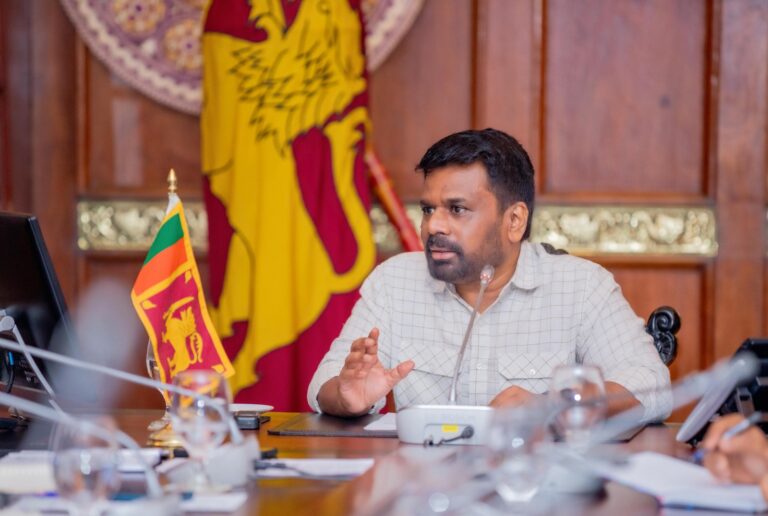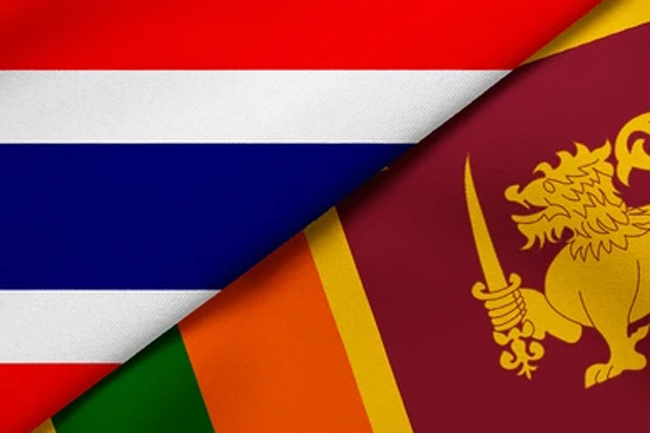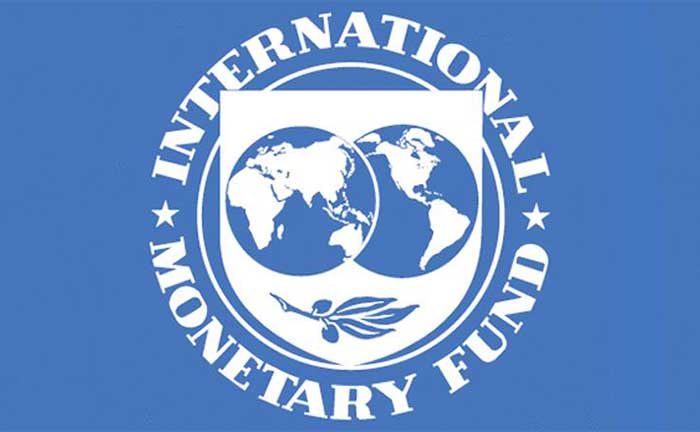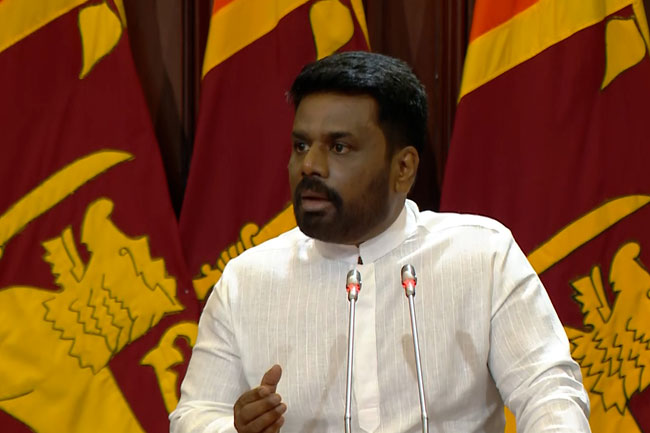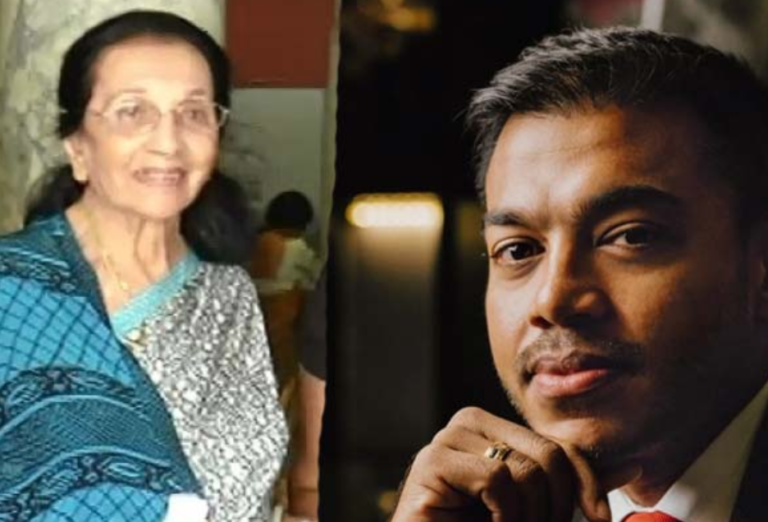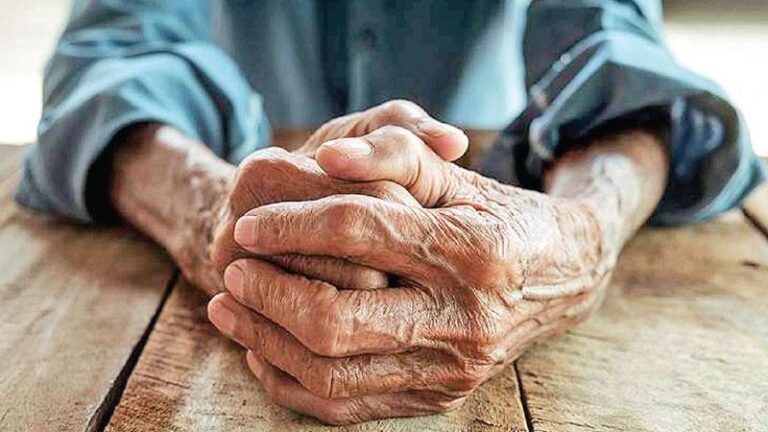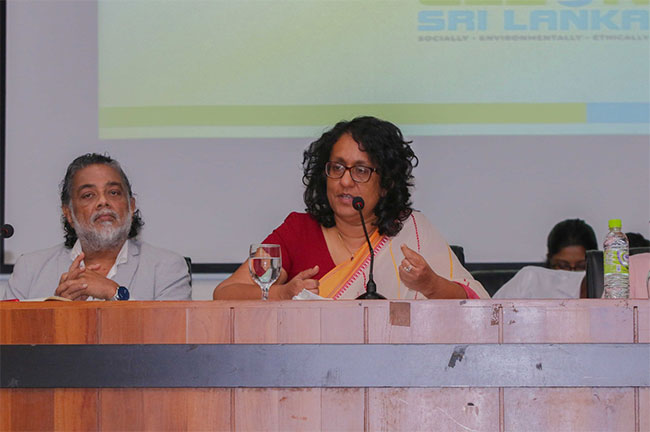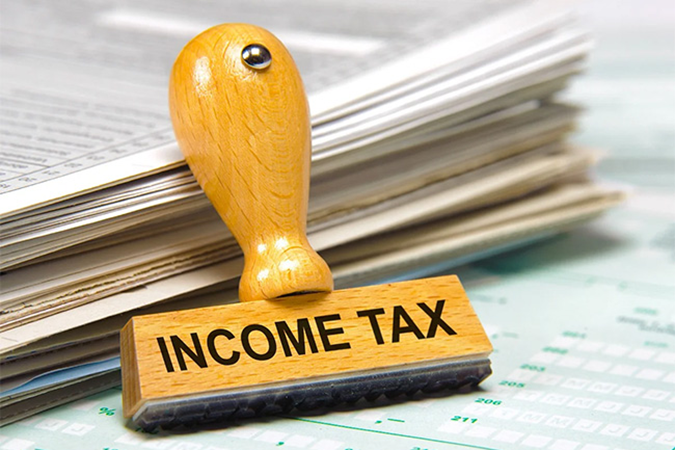Sri Lanka’s tourism industry is experiencing strong growth, with over 492,000 visitors recorded in 2025 so far, reflecting an optimistic outlook for the sector. February alone saw more than 240,000 arrivals, surpassing the previous year’s performance and reinforcing the industry’s upward momentum.
The Sri Lanka Tourism Development Authority (SLTDA) reported an average daily arrival of 8,859 tourists, an increase from last year’s 8,282 per day during the same period.
Following a successful 2024, SLTDA set an ambitious goal of attracting 310,937 visitors in February, after recording 252,761 arrivals in January. While January achieved the highest monthly tourist numbers ever, it still fell short by 52,926 visitors from its projected target of 305,687.
Key source markets contributing to this growth include India, Russia, the UK, China, and Germany. Other significant inflows came from France, Poland, Australia, the Netherlands, and Bangladesh. The industry is closely monitoring the rollout of a global promotional campaign, which is expected to boost arrivals further.
February’s 240,217 arrivals pushed the total for 2025 to 492,978, reaffirming the sector’s positive trajectory. Compared to February 2024, this represents a 10.01% year-on-year (YoY) increase and a 2% rise over 2018, a benchmark year for tourism in Sri Lanka. The average daily arrivals also improved, reaching 8,579 in February, up from 8,154 in January 2025 and 7,044 in February 2024.
However, February’s figures showed a slight 5.22% decline compared to January, reflecting a month-on-month dip despite overall strong performance. Weekly arrival patterns indicated a steady inflow of tourists, with 61,664 arrivals in the first week, 63,163 in the second, 59,606 in the third, and 55,784 in the final week. Despite these numbers, February fell short of its projected target by 70,720 visitors, a 29.44% gap.
India continues to be the leading source market, contributing 35,728 tourists in February, followed by Russia (30,295), the UK (25,528), Germany (17,233), and France (15,469). Other significant contributors included China, Australia, Poland, the US, and the Netherlands. Year-to-date (YTD) figures show India leading with 79,103 arrivals, followed by Russia (64,391) and the UK (47,258).
Sri Lanka aims to attract 3 million visitors in 2025, with a revenue target of $5 billion. In contrast, 2024 recorded 2.05 million arrivals, generating $3.2 billion—reflecting a 52.38% YoY revenue increase. The industry’s positive start in 2025 is evident, with January alone generating $400.7 million, marking a 17.2% increase from the previous year.
With the winter tourist season continuing until the end of March, Sri Lanka’s tourism sector remains optimistic about achieving its ambitious goals for 2025.

